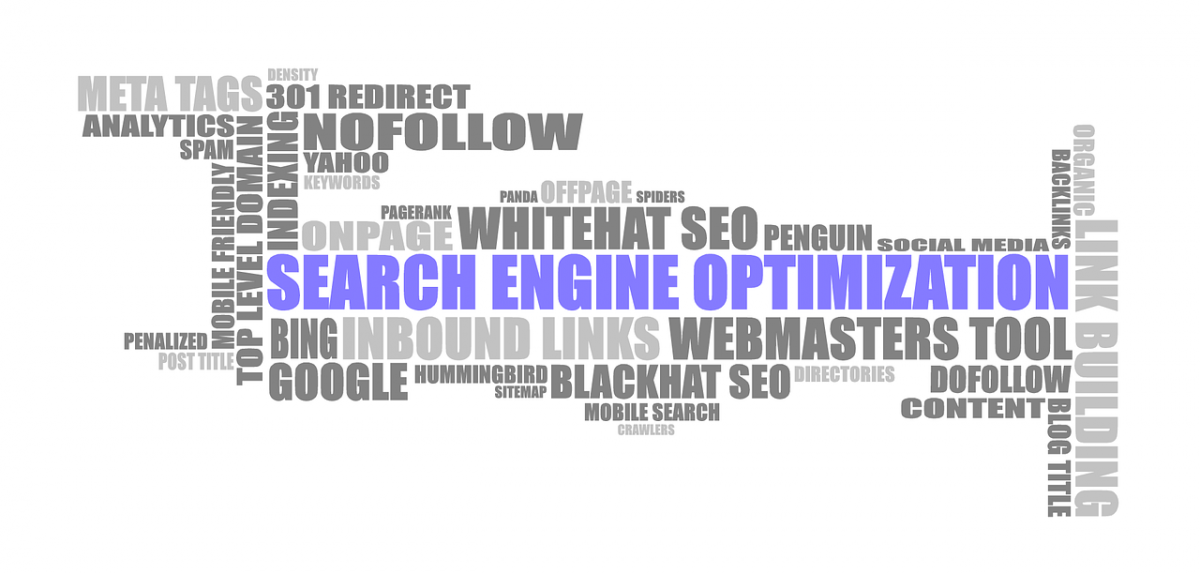Intent. Quality. Value. Authority. These are the characteristics that Google’s search algorithm now prioritizes.
Notice anything missing from that list?
Keywords. Back in the earliest days of search engine optimization (SEO), keywords were the be-all and end-all of search. They were how search engines understood your content and how people found your brand.
They’ve become less important over the years, to the extent that some publications have somewhat hyperbolically claimed the keyword to be dead. Such cries are nothing new. They’ve been commonplace since the mid-2000s.
Yet somehow, keywords have clung to life. We’ll grant that they’re not the titan of search engine marketing that they once were. As Google’s algorithms have become progressively more intelligent, their focus has shifted from exact match keywords to analyzing the content itself.
In broad strokes, Google appears to be interested in the following information:
- How usable is the website? Is navigation intuitive, and site content easy to find? Does the page load quickly, even on mobile?
- How well-written is the content? Natural language is key, as is proper spelling and grammar.
- Does the content match user intent? Did people find what they were looking for? Did the content provide value to them?
- Is the website safe? Are you engaging in any black hat SEO tactics? Have you been infected with malicious software?
At a glance, it seems that keywords don’t really fit into the above list. They do, though — just not how you might expect. See, in order to create quality, valuable, compelling content, you first need a solid topic as a foundation.
In order to create that foundation, you need to understand what people are searching for, and why. You need to perform keyword research, then tailor your content to your audience’s search terms. That said, it is worth mentioning that today’s keywords look very different from their distant ancestors.
First, especially as voice-activated assistants grow in popularity, searches are becoming less mechanical and more natural and conversational. People are starting to search the way they talk, phrasing their searches as questions rather than individual terms.
Second, Google has made no secret of the fact that it’s focused entirely on the end-user, entirely on providing the most valuable and relevant results possible. Google’s recent artificial intelligence-fueled enhancements to its algorithm are an indication of this, allowing the search engine’s algorithms to suss out spelling mistakes, understand subtopics, and target specific passages in written content. It also officially made user experience a ranking factor, a change that speaks for itself.
Driven by these trends, keywords aren’t dying. They’re evolving. As Google continues to make its algorithms more sophisticated, the keyword will persist, if only as a mechanism for brainstorming and topic research.
In short, reports of the keyword’s death have been greatly exaggerated. Shorter keywords will eventually become irrelevant. Long-tail, conversational keywords, however, are going to be with us for years to come.









